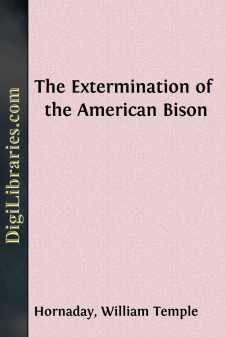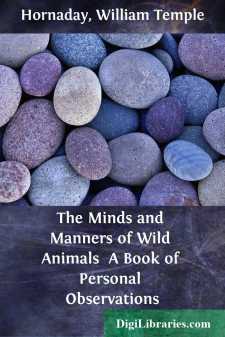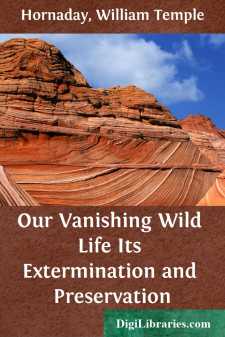Categories
- Antiques & Collectibles 13
- Architecture 36
- Art 48
- Bibles 22
- Biography & Autobiography 813
- Body, Mind & Spirit 142
- Business & Economics 28
- Children's Books 17
- Children's Fiction 14
- Computers 4
- Cooking 94
- Crafts & Hobbies 4
- Drama 346
- Education 46
- Family & Relationships 57
- Fiction 11829
- Games 19
- Gardening 17
- Health & Fitness 34
- History 1377
- House & Home 1
- Humor 147
- Juvenile Fiction 1873
- Juvenile Nonfiction 202
- Language Arts & Disciplines 88
- Law 16
- Literary Collections 686
- Literary Criticism 179
- Mathematics 13
- Medical 41
- Music 40
- Nature 179
- Non-Classifiable 1768
- Performing Arts 7
- Periodicals 1453
- Philosophy 64
- Photography 2
- Poetry 896
- Political Science 203
- Psychology 42
- Reference 154
- Religion 513
- Science 126
- Self-Help 84
- Social Science 81
- Sports & Recreation 34
- Study Aids 3
- Technology & Engineering 59
- Transportation 23
- Travel 463
- True Crime 29
William Temple Hornaday
William Temple Hornaday (1854–1937) was an American zoologist, conservationist, and author known for his work in wildlife preservation. He was instrumental in saving the American bison from near extinction, notably documented in his book "The Extermination of the American Bison" (1889). As the director of the Bronx Zoo, Hornaday pioneered modern zoological practices and helped establish the concept of wildlife conservation. His advocacy for conservation extended to the formation of laws protecting endangered species, and his book "Our Vanishing Wildlife" (1913) emphasized the urgency of protecting America's wildlife.
Author's Books:
Sort by:
I. Discovery of the species. The discovery of the American bison, as first made by Europeans, occurred in the menagerie of a heathen king. In the year 1521, when Cortez reached Anahuac, the American bison was seen for the first time by civilized Europeans, if we may be permitted to thus characterize the horde of blood thirsty plunder seekers who fought their way to the Aztec capital. With a degree of...
more...
PREFACE During these days of ceaseless conflict, anxiety and unrest among men, when at times it begins to look as if "the Caucasian" really is "played out," perhaps the English-reading world will turn with a sigh of relief to the contemplation of wild animals. At all events, the author has found this diversion in his favorite field mentally agreeable and refreshing. In comparison with...
more...
CHAPTER ITHE FORMER ABUNDANCE OF WILD LIFE"By my labors my vineyard flourished. But Ahab came. Alas! for Naboth." In order that the American people may correctly understand and judge the question of the extinction or preservation of our wild life, it is necessary to recall the near past. It is not necessary, however, to go far into the details of history; for a few quick glances at a few high...
more...




